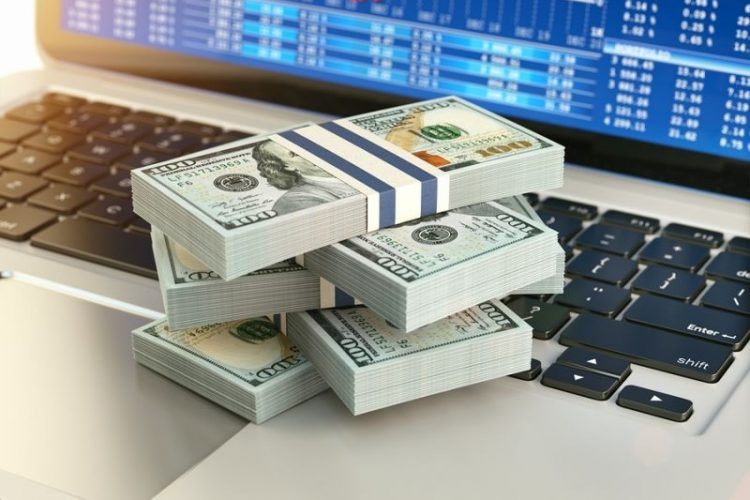The foreign exchange market is a massive market that accounts for more than $4 trillion in average traded value. It’s the biggest financial market in the world.
And because this market doesn’t operate on any central marketplace, traders need the help of forex brokers to conduct their trading activities.
More and more forex brokers appear every day. Finding the best one that will help you achieve your trading goals can be a challenging task. So, here are some tips you can use when selecting a forex broker.
Check the Regulatory Compliance
In the US, the best way to ensure that your broker is trusted is by checking whether it’s a member of the National Futures Association (NFA). It should also be registered with the US Commodity Futures Trading Commission (CFTC) as a “Retail Foreign Exchange Dealer” and a “Futures Commission Merchant.”
The NFA is a self-regulatory organization that serves the futures industry of the United States. It has rules, programs, and services to protect the integrity of the market, traders, and the investors.
Remember that a professionally designed website and a professional-sounding customer service do not always equate to a good and legitimate broker. Always check whether the broker is a member of those reputable regulatory bodies.
Details of the Offered Accounts
Each forex broker has different account offerings. You should take note of the following when checking out a broker.
Leverage and Margin
Forex trader can access a variety of leverage amounts depending on the broker’s offering. The usual offerings are 50:1 and 200:1 leverage, which is borrowed money extended to traders holding a margin account.
Commissions and Spreads
A broker makes money via the commissions and spreads. Brokers that the use commission may set a specific percentage of the spread, which is the difference between bid and ask prices.
Meanwhile, there are many brokers that say they don’t charge commissions but make their money through the use of wider spreads.
Currency Pairs and Other Tradeable Assets
Although you can choose from hundreds of currency pairs, you only have to focus on a handful of major currencies. These majors have the highest liquidity, and these should be the ones you’re trading.
The major forex pairs are: USDJPY, EURUSD, USDCHF, USDCAD, AUDUSD, NZDUSD, and GBPUSD. A broker may offer hundreds of pairs, and these majors should be included.
Trading Platform
You will spend a lot of time on the trading platform, where you make the trades. This is essentially your bridge to the forex market. So, you should make sure that the broker’s platform is easy to use and that you understand how it works.
Apart from a user-friendly interface, the trading platform should also have a variety of technical and fundamental analysis tools. The platform should allow for quick trade entry and exit.
Customer Service
A broker’s customer service is another very important aspect you should consider. The service should be available at all times.
It should also be easy to reach. The service providers should be accommodating and easy to talk to. You can give the broker’s customer support hotline to inquire about the broker’s operations and offerings to get a feel of how the customer service team works.
Profit Plus Education is to help their students succeed by providing lessons and support from professionals. As part of their mission to provide valuable investing knowledge, they have condensed the necessary financial market information, avail Profit Plus Packages.

